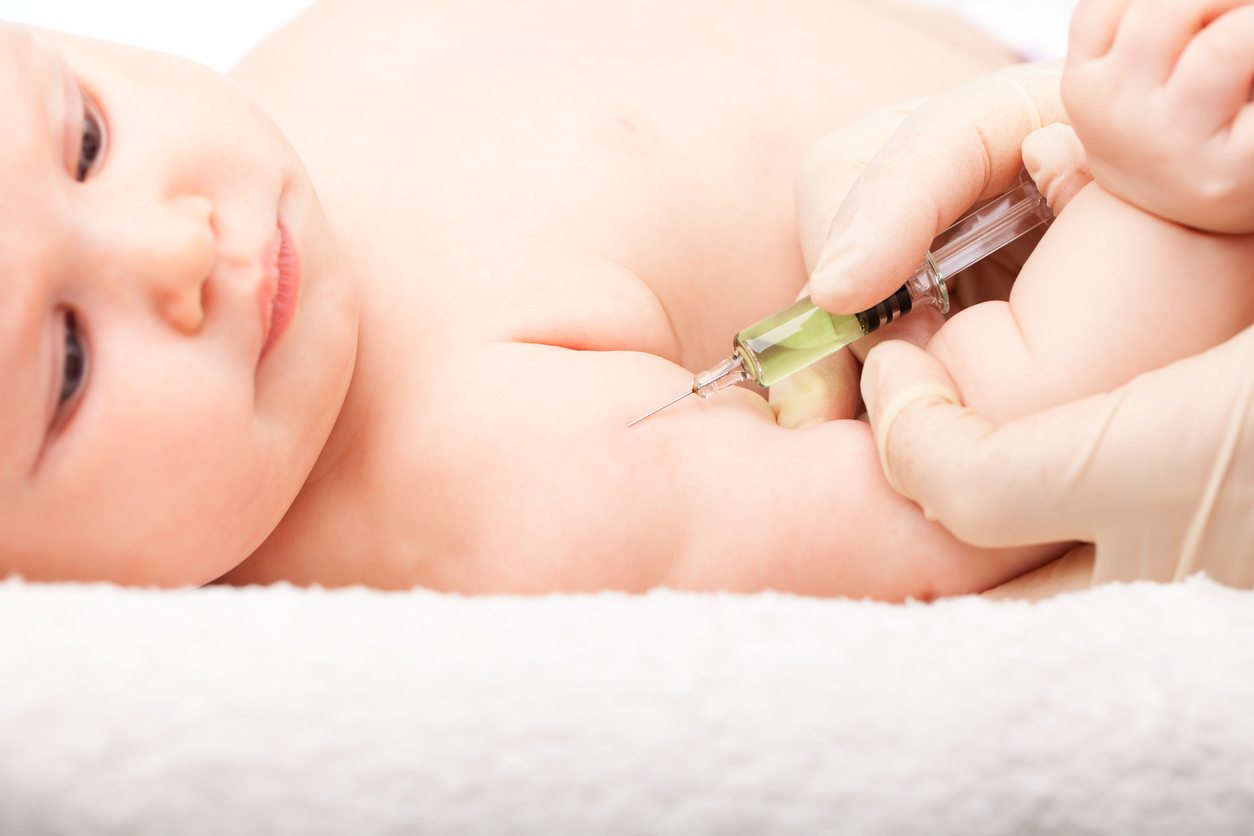Ireland has a particularly high incidence of Spina Bifida and other Neural Tube Defects (NTDs), yet a simple folic acid supplement can help reduce the risks significantly – so why aren’t Irish women taking the advice? Speaking on behalf of safeFood, Prof Michael Turner, UCD Professor of Obstetrics and Gynaecology at the Coombe Women and Infants University Hospital, said: “We know from recently published Irish research that three out of four women who attend for antenatal care have not taken folic acid supplements before they become pregnant. Taking folic acid daily as a supplement could potentially prevent two thirds of NTDs every year – on average, that’s approximately 50 fewer babies affected every year.”
To help clear up any misconceptions about folic acid and NTDs, here safeFood answers some FAQs.
What is folic acid?
Folic Acid is a water-soluble vitamin that helps our tissues to grow and the cells in our bodies work. It has many functions, including helping to form red blood cells and helping to break down, use and create new proteins. It is also essential for the production of DNA, which carries our genetic information.
How much should I take?
All adults need 200 micrograms per day for normal body maintenance (it helps to make new red blood cells and improve our energy levels) and we can get this from eating a healthy, balanced diet. Women need an extra 400 micrograms of folic acid in early pregnancy and because it’s impossible to get this extra amount from a healthy balanced diet, we should be taking it in supplement form. If you want to take a multivitamin containing folic acid, make sure that it contains 400mcg of folic acid, and if you are pregnant, that the supplement is suitable for pregnancy. Talk to your pharmacist for advice.
When should I take it?
All women of child-bearing age should be taking a supplement containing folic acid. To help reduce the risk of NTDs, it’s important to take a folic acid supplement for three months before you get pregnant and for the first three months of your pregnancy. As up to half of all pregnancies are unplanned, you may not even know you’re pregnant for the first few weeks, which is when your baby’s brain and spine are developing.
Do I have to take it every day?
Folic acid is water-soluble, and any left over leaves the body in your urine. So if you do not take folic acid for even a few weeks, the amount in your blood can become very low. If you do become pregnant, your body will need enough of this important vitamin available, so your baby’s brain and spine can develop properly in early pregnancy.
What is an NTD?
NTDs, or neural tube defects, happen when part of the unborn baby’s brain or spine doesn’t develop properly. Spina bifida is the most common NTD and literally means “split spine”. The spinal cord and surrounding bones (vertebrae) do not develop correctly and a gap or split occurs in the spine. The spinal cord may also be damaged. A whopping 70 per cent of NTD cases can be prevented by taking a daily folic acid supplement. In some cases, there are other reasons why NTDs occur.
Can I get enough from my food?
You can get a basic level of folic acid from your food, but it’s impossible to get it in the quantities needed to help reduce the risk of NTDs – which is why all women of child-bearing age should be taking a supplement to make sure they’re covered at all times.
Should I take more than 400mcg of folic acid?
Some women may be at a higher risk of having a baby with an NTD, for example if you or your partner have an NTD; if you are overweight; if there is a history of NTDs in your or your partner’s families; or if you have Type 1 or Type 2 diabetes. Talk to your doctor if you think you need a higher dose of folic acid or if you are taking any other medication that could affect or be affected by a supplement.
Is it too late to start when I find out I’m pregnant?
If you haven’t been taking folic acid but you’ve just found out you’re pregnant, start taking supplements immediately and keep taking them until the 12th week of your pregnancy.
For more on folic acid, visit www.safefood.eu/folicacid
Read More: Four supplements you should take during pregnancy
maternity&infant
Originally posted 2017-04-26 09:13:36.









